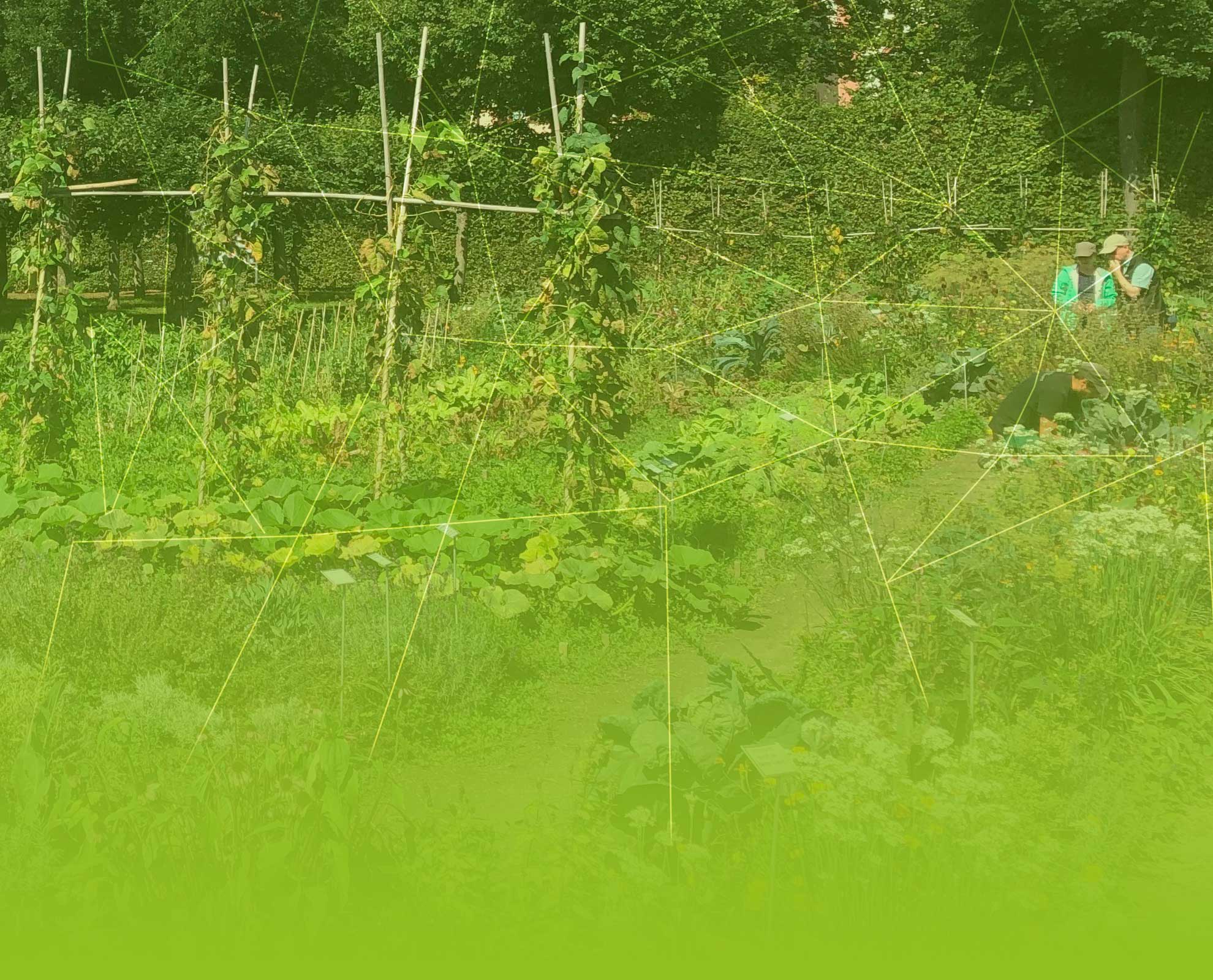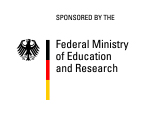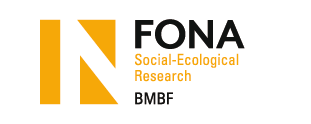What do a sustainable economy, quality of life and urban transformation mean in cities such as Wuppertal, which are struggling with deep structural changes? How can impulses for more sustainability coming from the city’s civil society be described, structured and supported? How can quality of life be decoupled from material economic growth and resource consumption?
The project WTW seeks comprehensive answers to these questions, organized in the following sub-projects:
- Development of an overarching concept of urban well-being, based on the existing set of indicators in the OECD Better Life Index.
- Mapping of different projects and initiatives run by the city, companies or civil society groups and evaluation of their effects on well-being.
- Networking and support of existing initiatives in order to further increase the creation of well-being while reducing environmental impacts.
- Conceptual and methodological developments of the approaches of real-world laboratories and real-world experiments.
Following the principles of transdisciplinary science, the research process does not only bridge various disciplines but also takes place in a dialogue with the citizens of Wuppertal as well as organized actors from civil society and the city’s administration. The parties involved will develop a joint vision of a good life in Wuppertal. Projects aiming to create well-being will be developed and realized in four selected quarters of the city together with local groups.
Prof. Dr. Maria Behrens, Zentrum für Transformationsforschung und Nachhaltigkeit (TransZent), Bergische Universität Wuppertal




